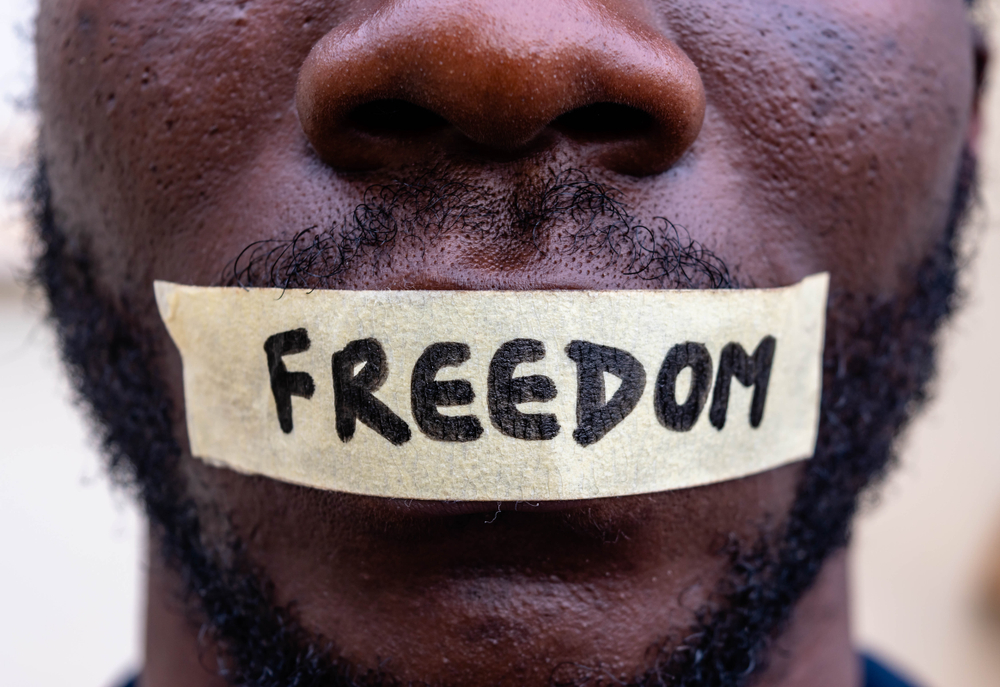If you are on Naija Twitter or just generally follow the news happening in Nigeria lately, you may have come across the bill that is about to be passed, titled “Protection from internet falsehood and manipulation bill, 2019”
It has been argued that while the bill is fronted to maintain internal security and prevent false information, it is indeed a cover for regressive actions that go against the very idea of Democracy. Social media and the Internet, in general, has fast grown to become a place where we are able to fight for causes that would have otherwise been thrown under a bus.
On social media, we have raised social issues and battled nuisances. We have fought the abuse of power, the violation of human rights and the attempted silencing of the masses. Because of Social media, you are able to know when the citizens of another country are being oppressed by their government or not being heeded to. Sudan was liberated recently because of the wildfire spread of the #SaveSudan movement. And the blue badge that we all carried around, despite race, religion, class and skin colour, was a symbol of solidarity with the people of Sudan. This can only be made possible as a result of social media and the Internet.
While the idea behind the bill may not be a terrible one, because false news is never a good thing, the intricacies of it and fragility with which one thing quickly becomes another bigger thing in this country of ours, isn’t fully define.
Because if this bill is passed as is, it may become the beginning of the end. It may become the metaphorical tongue tie. Here is why:
We aren’t able to air our grievances
It is already a popular notion that we are not the first things to come to mind when the big horses of power are deliberating issues. The citizens of Nigeria are already at the mercy of the powers that be. The masses only have social media as their shield and taking it away leaves them with as little as nothing.
The government isn’t tackling real issues
Topics such as End SARS and are complaints by the citizens of Nigeria that continue to fall on the very deaf ears of the government. There have been three major fires in the duration of 2 months. Nigeria still has the highest amount of out-of-school children in the world. And the lowest consent age (11 years) in the world.
But these may just be mere whispers to the power makers.
Because they leave these issues to chase after what the next person is tweeting.
The enforcers are corrupt
The police have been put in charge to enforce these laws. The same police that isn’t trusted, can’t be properly identified and have been known to be quite careless in carrying out their duties. The police that decides who to stop and “investigate” by the type of hair they have on, or the type of cars they are driving.
The idea of stopping of transmission of false news is not in itself a terrible one. It is that the system that you and I are used to, and have watched over the years isn’t a clear cut one.
So, it may begin as stopping said “false news.” But if put in effect, will surely grow to stifle free speech. Because, when fact and non-fact do not have a defining line, chaos will come in.
